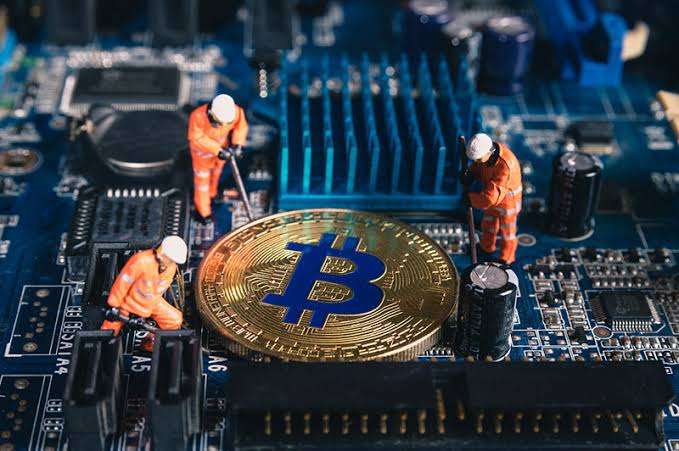Several years ago, the concentration of Bitcoin (BTC) mining pools was a subject of considerable debate among cryptocurrency proponents.
Although some voices still express apprehension regarding miner centralization, these issues have been mainly relegated to the background commotion of the present day.
To provide an example, consider that Antpool and Viabtc have collectively produced 51.43% of the total hashrate on Bitcoin during the previous three days. This has sparked renewed debates regarding the concentration in question.
The level of miner concentration in 2023 is analogous to that of 2013, when mining pools, including Ghash and Btc Guild, dominated the network’s hashrate with a commanding 55% share.
A significant occurrence in March 2013 was an inadvertent bifurcation, whereby most of the hashrate was applied to revert the Bitcoin software to a previous iteration.
Since the blockchain split, the Btc Guild, which controls between 20 and 30 percent of the hashrate, has collaborated with developers to roll back the software to relinquish their proof-of-work.
Considerable discourse emerged within the community in response to this course of action. The incident was discussed in the articles authored by Arvind Narayanan and Vitalik Buterin, who are also recognized as co-founders of Ethereum.
Howevererin emphasized that the “incident brings to light unsettling realities regarding Bitcoin’s concept of ‘decentralization’ and brings to light significant concerns regarding the nature of the Bitcoin protocol.”
The miner centralization for this year closely resembles that of 2013, except for the chain-splitting incident. Presently, the prevailing mining pools exhibit a hashrate control that is virtually identical to that observed in Bitcoin Guild and Ghash.
In contrast, the situation changed in 2016, as the two most prominent pools, Antpool and F2pool, contributed a mere 32.25 percent to the overall hashrate.
A similar observation can be made regarding 2017, 2018, and 2019, during which this degree of concentration went unnoticed. In contrast, Bitcoin mining pools exhibited an increasing degree of centralization during 2020, 2021, and 2022.
A combined amount of 38.47% of the overall hashrate was possessed by Foundry USA and Antpool as of June 2022.
Throughout the previous thirty-one pools, Antpool and Foundry have collectively controlled 51.43 percent of the hashrate for the past three days.
It is intriguing to contemplate the potentiality that a delisting or suspension of deposits on numerous centralized exchanges for an alternative cryptocurrency could occur due to concerns regarding a significant reorganization of the blockchain.
Bitcoin users’ concerns have progressed from the potential for attacks involving a 51% stake to censorship occurring within the hashrate and disagreements regarding attaining consensus.
An illustration of this can be seen in the decision-making process of miners regarding which transactions to process and the blacklisting of cryptocurrency addresses by the Office of Foreign Assets Control (OFAC) of the United States Treasury.
Marathon, a North American mining company, established its initial block in adherence to OFAC regulations in May 2021. However, Marathon decided to abandon this production method after the introduction of Taproot.
F2pool was recently found to have screened transactions associated with OFAC-sanctioned addresses. Nevertheless, in response to community opposition, this practice ceased.
At the time of writing, F2pool maintains its position as the fourth-largest mining pool. Furthermore, Ocean Pool, a platform managed by Jack Dorsey and backed by Bitcoin Core developer Luke Dashjr, faced censure for obstructing transactions involving Ordinal inscriptions and coinjoin privacy mechanisms.
Notwithstanding Ocean’s hash power consistently surpassing 450 petahash per second (PH/s), the backlash has led to a moderate decline in the hashrate.
At its core, the dynamic ecosystem surrounding bitcoin mining, marked by oscillating centralization and growing concerns regarding transaction censorship, signifies a perpetually evolving environment that demands constant vigilance.
Amid the community’s challenges in addressing threats to Bitcoin’s decentralization ethos, advocates for decentralization must ensure that the ongoing discourse concerning the network’s integrity and the future of Bitcoin mining persists.












